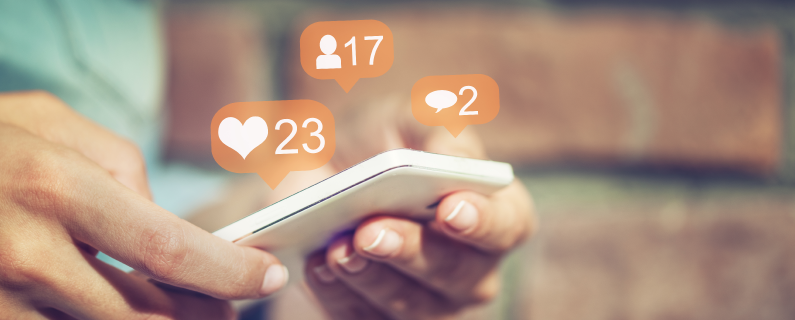
With the recent launch of an extension called “Order Food,” the social media powerhouse Facebook will be entering the seemingly crowded milieu of online food delivery. Gone are the days of yore in which you could only have pizza, Chinese food, or Jimmy John’s delivered right to your location — anywhere, anytime. Now you can order from nearly any restaurant in an urban area and get it delivered to you in just a matter of minutes. Not only has the variety of options increased, but you are also able to access the multitude of options with increasingly less clicks.
Facebook has been creating targeted, multi-market brand for some time now. From the simple beginnings of connecting college students with other college students, Facebook has always tried to increase its reach — purchasing media giant Instagram in 2012 and social messaging app WhatsApp in 2014. In its early days, Facebook allowed the sharing of messages and photographs, growing year over year with the addition of groups and marketplaces and spawning its own Facebook Messenger spinoff app. Its target audience is no longer just young adults pursuing higher education; now, it seems to be anyone and everyone with access to the internet and a need to connect to other human beings. Facebook provides entertainment, fulfills a need, keeps people connected with the world around them, and now, even brings late-night munchies right to your door.
With seemingly every idea on social media out there, Facebook works to put their own spin on it. “Order Food” is no different. There are many predecessors ranging from GrubHub and DoorDash to UberEats and Postmates, and Facebook takes the opportunity to join and compete with those already popular applications. With the inflated market of food delivery apps, how many will last, and for how long?
With as much power as Facebook holds, it’s difficult to imagine it having failed business ventures. Surely with as many users as Facebook has – around two billion – enough people will be interested to keep it afloat. An interesting variance on the bystander effect – based on the idea that, when surrounded by others in an emergency situation, everyone assumes that someone else in the crowd has called for help, an assumption that in turn keeps anyone from calling for help – could show what may be to come for the social media giant.
Coming from a former Starbucks employee, I cannot but help but think of the failed Starbucks Evenings program. As it turned out, not many people wanted to get their morning coffee at the same place as their evening glass of wine or pint of beer. I occasionally served people who would ask for a glass of wine, and I would have to inform them that the Evenings program had been discontinued for months. More often than not, their response would be something like, “That’s unfortunate. I always wanted to try out that menu, but I just never did.” While I would love to be proven wrong, I think that a similar fate could befall Facebook.
[su_email_signup]